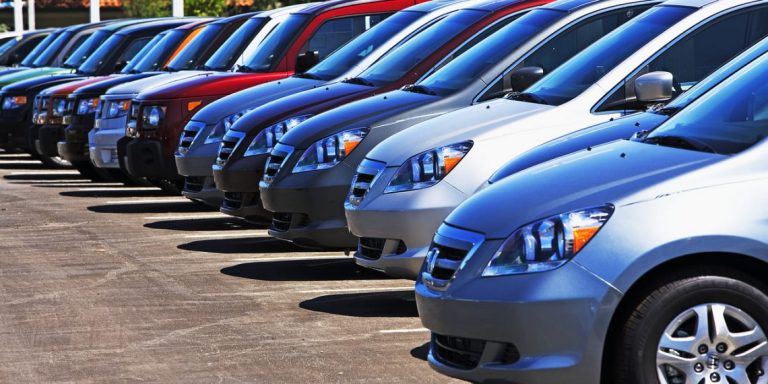
BY EPHRAIM NJEGA: It is good that the government is planning to implement the policy to slash the age limit of imported cars from eight to five years as I have always recommended.
The long term goal would be to ban the importation of used vehicles altogether like a number of African countries have done. Total ban of second hand vehicles are in place in South Africa, Egypt, Morocco and Sudan.
Countries with highest new vehicle sales in Africa in 2017 were South Africa (564,000, 47% share), Egypt (180,000, 15%), Morocco (168,000, 14%), Algeria (96,000, 8%) and Tunisia (48,000, 4%). Rest of Africa sold a paltry 144,000 a mere 12% of the 1.2 million new vehicles sold in Africa.
It is a totally shameful situation that up to 95% of all cars bought in this country are second hand imports.
Currently, as per Business Daily we import 7,600 cars monthly while only assembling 430 new cars. There is no self respecting government anywhere in the world which can allow for something like this to happen.
In 2017, the manufacturing of motor vehicles industry in Kenya employed a total of 3,050 individuals. How can we produce 430 new cars monthly when we have installed capacity to assemble 30,000 cars annually on a single shift. In 2017 we assembled 4,877 new cars which represents 16% single shift capacity utilisation.
In Africa 1.2 million new vehicles were sold in 2017. In that year about 600,000 new vehicles were produced in Africa. During that time Kenya only assembled 4,877 new vehicles representing a ridiculous 0.8% of Africa’s new vehicles output.
What kind of nonsense is this? At the same time, Kenya is a top ten vehicle importing country in Africa. What a tragedy to export so many jobs!
Policies like what the government is proposing have been implemented by African countries such as Algeria, South Africa and Morocco with tremendous success.
However, for such to succeed you need a very concrete strategy and plan which should be implemented with military precision. Without such, the new policy will only destabilise the motor vehicle selling industry which employed 8,860 people in 2017.
The government can learn from the South African Motor Industry Development Programme (MIDP) 1995-2012 and its successor Automotive Production and Development Programme APDP) which aims to achieve local production of 1.2 million vehicles annually by 2020.
The government should stop the nonsense of tying this policy to environmental issues because you can’t ban a six year vehicle from entering the country in the name of environment while 20 year old vehicles are still on the road.
This is a policy that is 20 years late. It must be implemented as a matter of urgency but most importantly must be implemented in the right manner.
Silly mistakes must be avoided. The 15 percent reduction in corporate tax rate down from 30 per cent for the first five years of operation, for new vehicle assemblers announced in early 2017 was such a mistake.
This policy made no sense because it conferred no benefits to existing assemblers and did little to discourage import of second hard vehicles and new fully assembled units.
I hope the government has done thorough homework over this policy and is not engaging in another knee-jerk policy circus which could end up in disastrous consequences.





